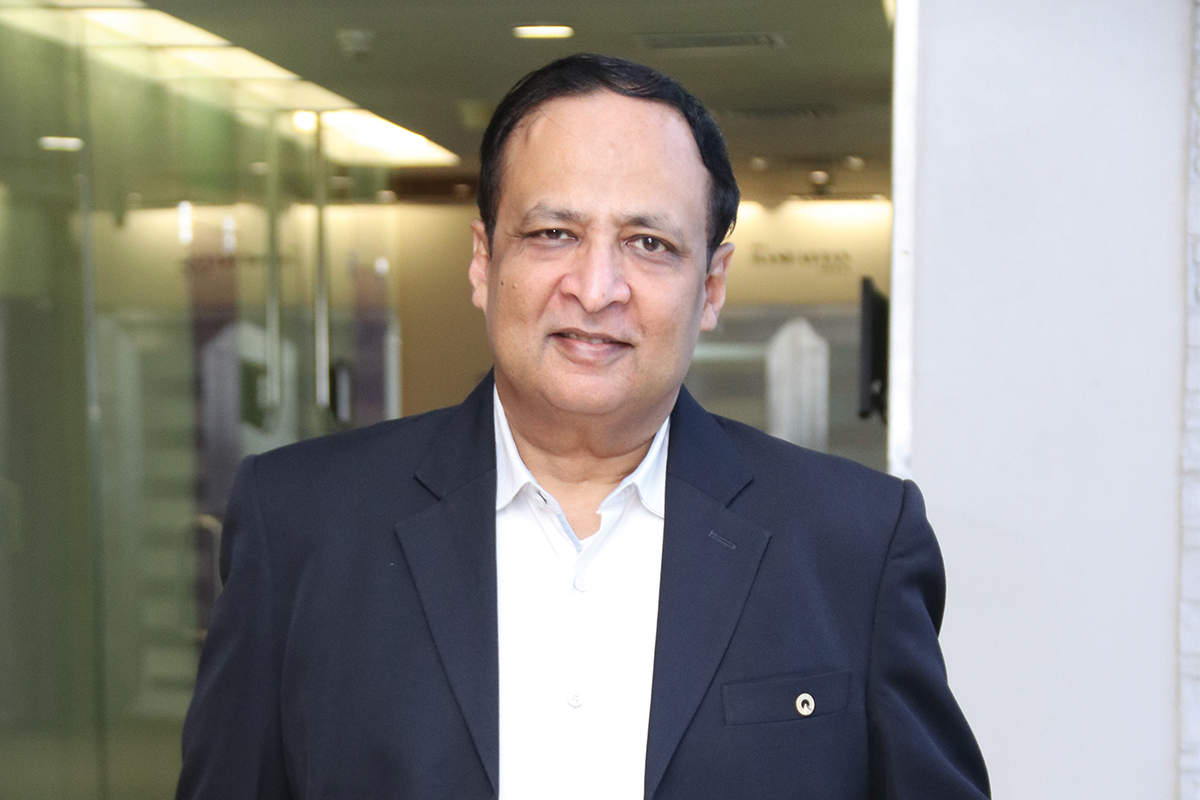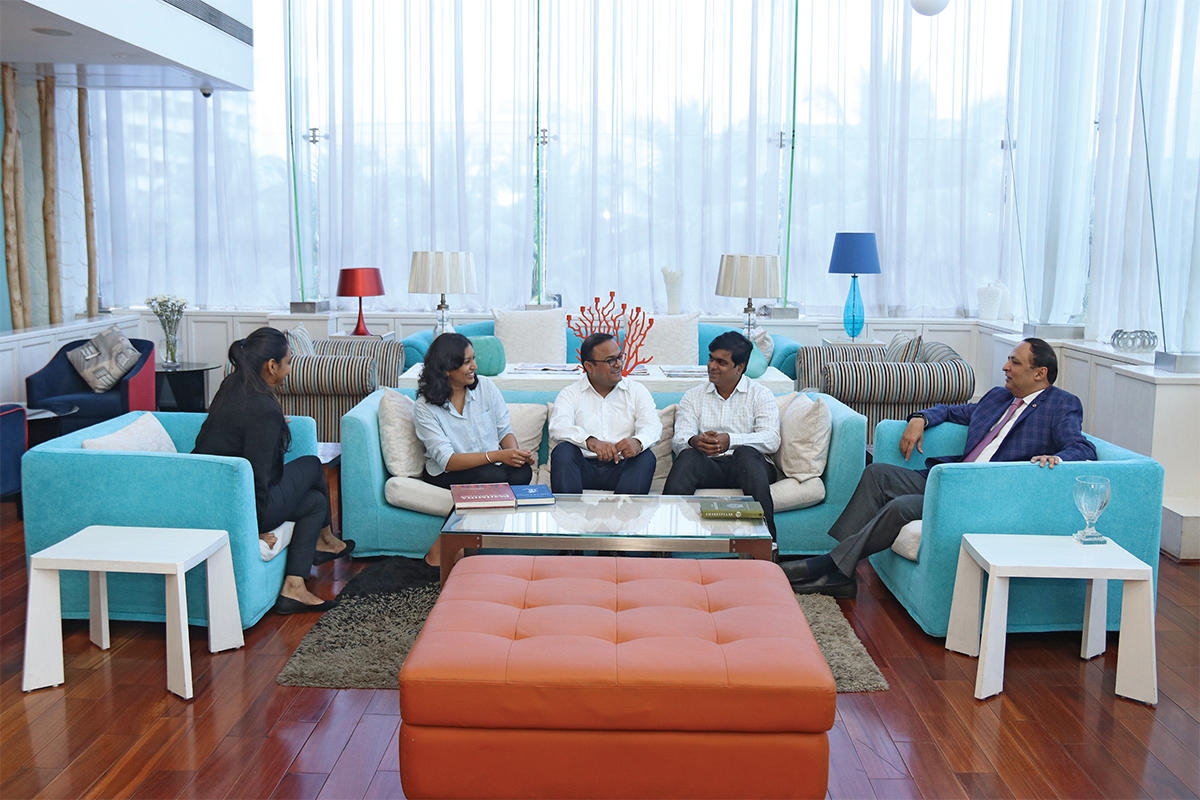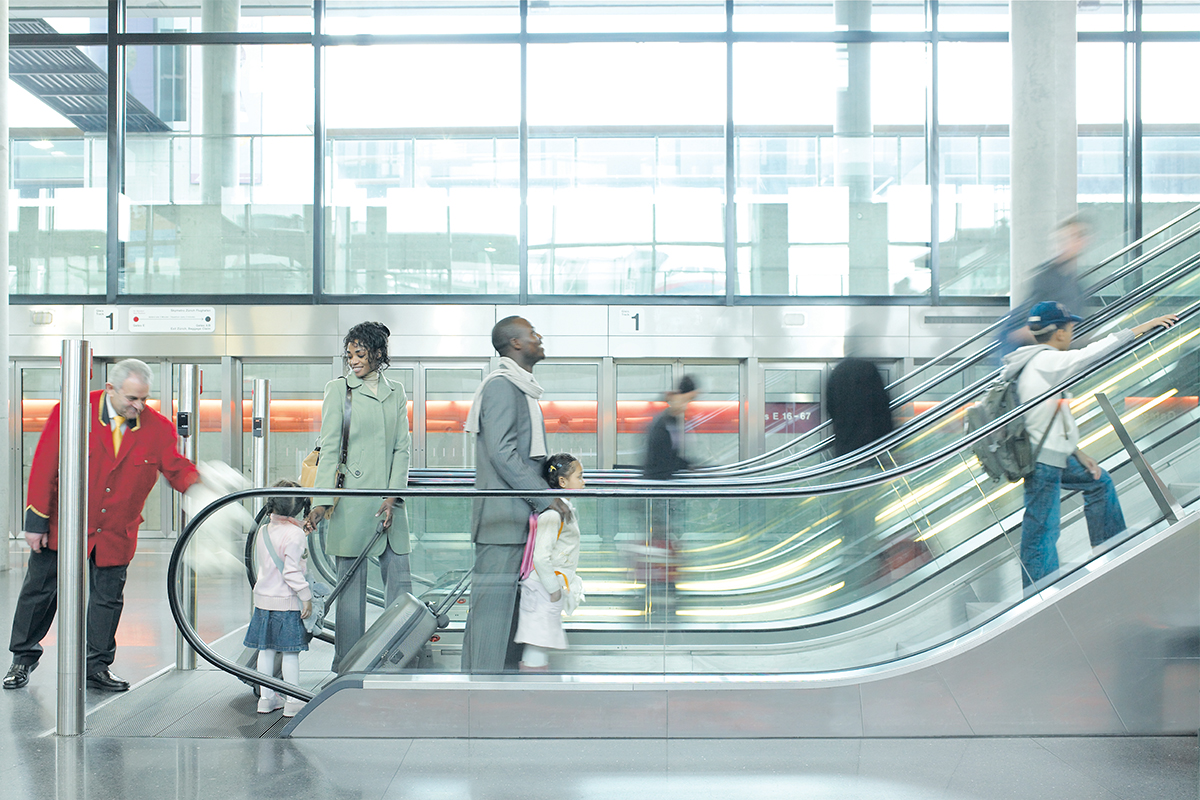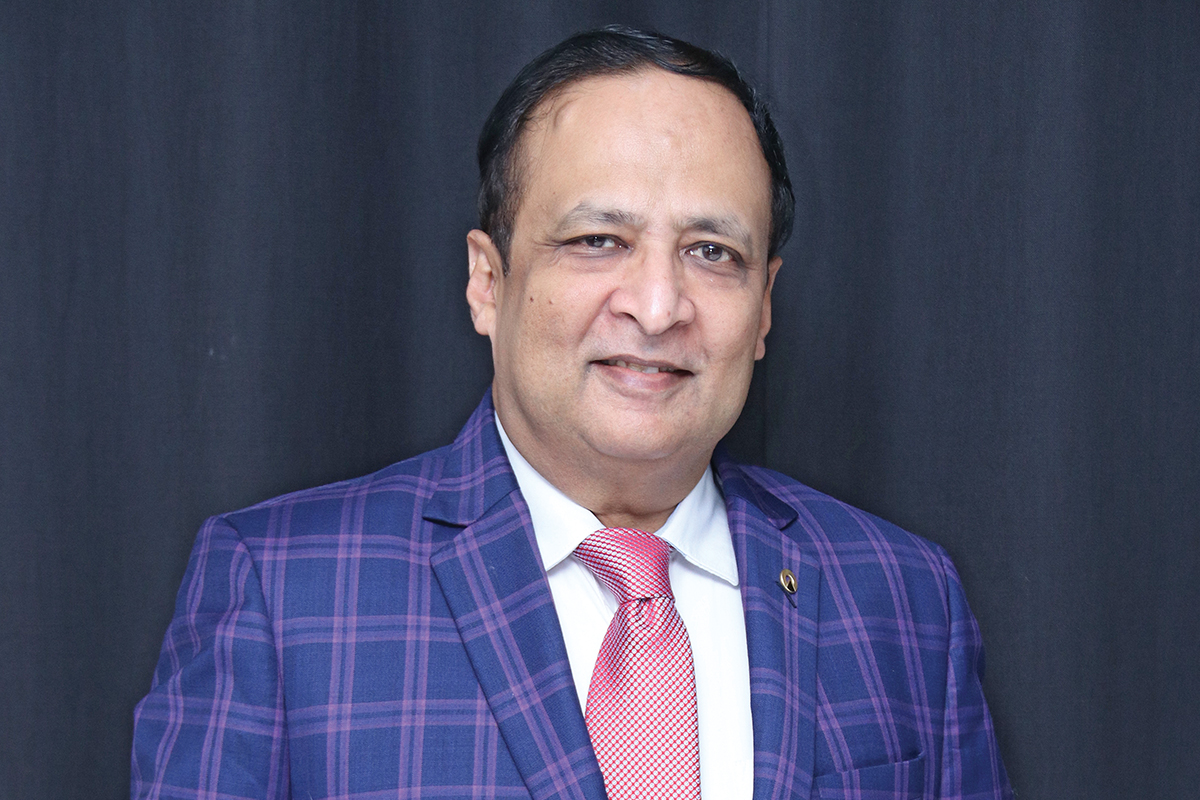Schindler India celebrated its 20th anniversary in February 2018, marking a strong legacy of delivering high-quality elevator and escalator solutions.
As a subsidiary of Swiss-based Schindler Group, Schindler India has quickly made its mark in India’s mobility solutions sector. President Uday Kulkarni, who entered the elevator industry 28 years ago, highlights how much the elevator industry has evolved since he first joined it.
The CEO Magazine: You have nearly 30 years of experience in the elevator industry. What sorts of changes have you seen during this time?
Uday: The elevator industry has gone through some revolutionary changes. Around 20 to 25 years back, many of the elevators installed in residential and some commercial buildings had manual doors – collapsible gates or swing doors.
Now, if you visit any building in Mumbai or Hyderabad, most of them have changed to automatic doors, which is the biggest change the elevator industry has seen in the country.

Once, the manual door market used to be at 40%. Now, you hardly see any new elevators being sold with manual doors. There are only two countries in the world where manual doors are still sold: India and Iran.
The second change concerns power consumption. The new electronics and controllers that have come into the elevator industry are more energy efficient, especially the variable frequency controller which saves a lot of power.
When the elevator starts it uses a lot of electricity because of the starting inertia, and the force required is quite high. The variable frequency helps to reduce this to an absolute minimum. This helps people save on their electricity bills to a large extent.
Also, in the past 10 years, elevators have moved from being rope-driven to belt-driven, and from geared to gearless machines. This adds to the architecture value, and to the power savings.
What were the opportunities you saw for yourself and the company when you decided to take on the role with Schindler?
When I took on the role with Schindler, which was more than 10 years ago, it was a very small company. It was a new entrant compared with many of the industry giants at that time in the country.

For me, the most important thing was to have a team in place, because the elevator industry is service-driven rather than product driven. We needed to have people who plan and strategise, as well as people to deliver the services.
After getting the team in place, we had to put a growth plan together because, at that time, we were only in three or four cities. So we had to go all over India and set up offices. Then we had to put a product strategy in place, which meant we needed to have a strong supply chain.
An elevator consists of more than 1,000 components and all of them cannot be manufactured under one roof. We needed to have the right, high-quality suppliers. That’s where Schindler – being a Swiss company – is very specific and sensitive. The suppliers must have the right qualifications to meet the quality requirements.
When we reached a portfolio of 30,000 units, we decided to set up a factory close to Mumbai. It was built on 20-hectares, and that was where all the sheet metal applications, including the making of the base and the assembly of control panels were completed.
We started around eight years ago, but we commissioned the elevator factory in 2014. Next, we started on the R&D centre, which is a 71-metre tall tower.
The third phase was building the escalator factory, which is part of our vertical transportation solutions. In fact, in the last month, we are proud to say we rolled out the first locally manufactured escalator from our factory. We are the first multinational company to launch an escalator factory and supply an escalator made in India.
What do you believe sets Schindler India apart from its competitors? How do you differentiate yourself?
Schindler has three very strong pillars: safety, ethics and quality. We do not compromise in this area. Safety at Schindler primarily revolves around two things. One is safety in relation to product, which refers to the international standard of product we put on the market. And the other is people safety, because all our people – whether employees or contractors – are working at challenging sites.

The safety at these sites can vary depending on the developer and the city. In some parts of India, safety is not considered a high priority area. For us, safety is of utmost importance. We ensure that we take the necessary safety measures for our people, whether they need to install an elevator or escalator.
In terms of ethics, we do not compromise, nor do we encourage any of our employees or partners to enter into any unethical transaction. And when I say quality, I don’t mean just product quality; it is quality in whatever we do.
For example, if one of our sales team members is talking to a customer about a Schindler product, they must understand the need of the customer and then recommend the right product for them.
We normally take a solution-oriented approach to the customer.
How did you form stable partnerships with suppliers over the years?
Every supplier, whether big or small, is considered a partner. We get them through a rigorous qualification process, and then we decide whether they can supply components for our elevators.
We support our suppliers completely during the technical and commercial process, from the incoming of the material to the final product.
We have a ranking system and progress reports are given to the suppliers on a biannual basis regarding performance, not only assessing quality but also lead times. We also share feedback from the customer with suppliers.
What benefits has Schindler seen as a direct result of strategic supplier relationships?
A majority of our suppliers only supply to us. We share with them our business plan to give them a clear idea of what volumes there are in the market. The most important job for Schindler is to make payments on time to keep suppliers happy and motivated.

What are the main areas of focus for the company in the coming 12–18 months?
We are going in for digitalisation and that will involve IOEE – the Internet of Elevators and Escalators called Schindler Ahead. The elevators would be fitted with ‘CUBE’, a system that is constantly connected. For example, a commercial building is full of elevators.
If the building manager wants to check on the elevators’ movements, they just need to use the Schindler Ahead Actionboard.
We can also use Schindler Ahead for advertising. For example, if a new building complex or shopping mall is coming up in some part of a city like Hyderabad or Mumbai, if they would like to advertise their upcoming facility, they can use the Schindler Ahead interface.
This will help companies to potentially own advertisement revenue right from the time they start commissioning the complex township. Another focus is setting up a training centre called Schindler University.
It will train every individual, including our vendors, suppliers, customers and even lift inspectors on subjects related to the elevator industry.


